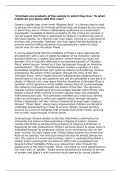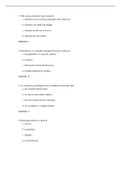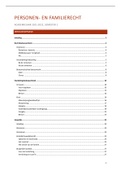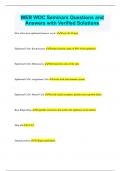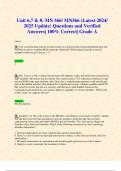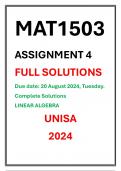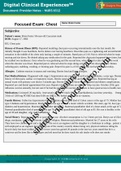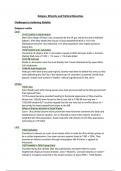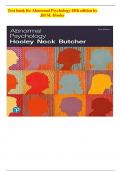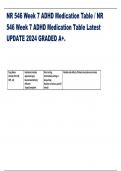Exam (elaborations)
‘Criminals are products of the society in which they live.’ To what extent do you agree with this view?
- Module
- Elements of Crime Writing
- Institution
- AQA
I compared 'Brighton Rock' to 'The Rime of the Ancient Mariner' for this essay. I obtained an A* on this essay.
[Show more]
